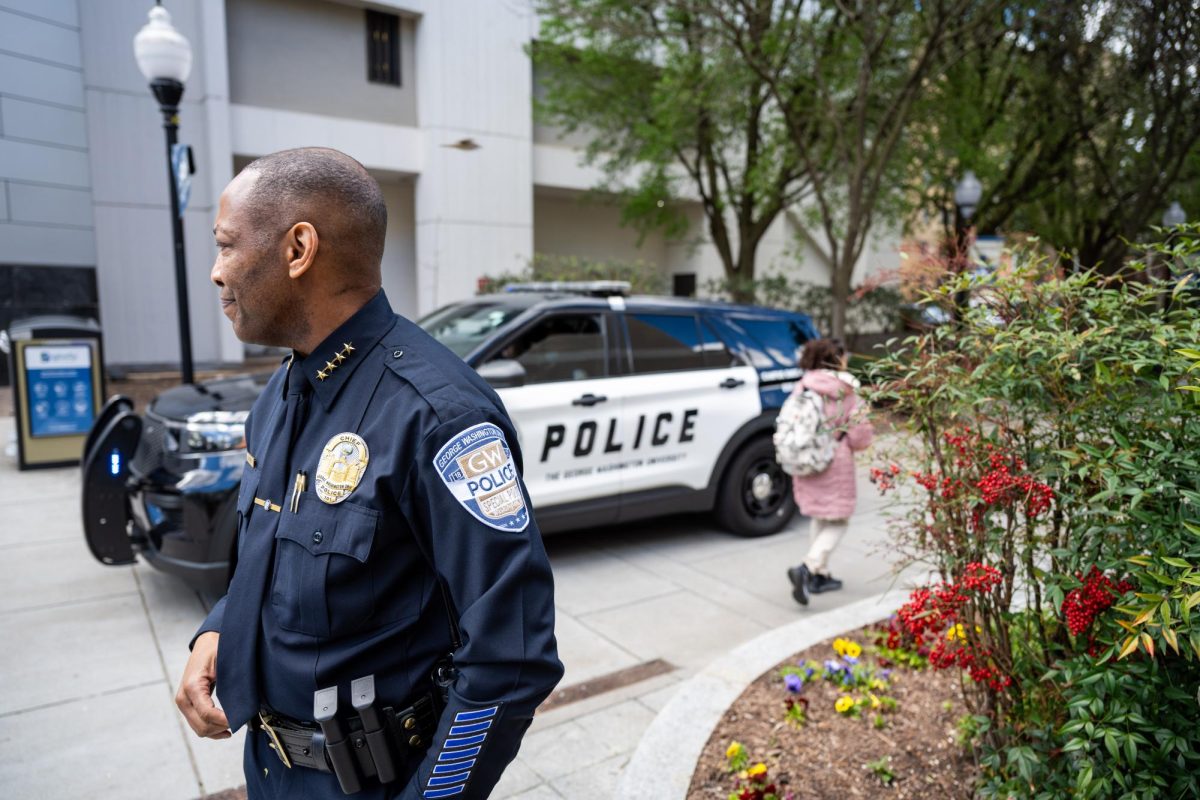
The Supreme Court upheld its ban on affirmative action in Michigan on Tuesday, a decision that could pave the way for states across the country to restrict universities from considering race in the admissions process.
The 6-2 ruling signals a shift away from supporting racial preferences in admissions – a practice that GW uses when considering its applicants.
Higher education and legal experts say the ruling could ultimately lead more states to ban affirmative action in admissions, but University spokeswoman Maralee Csellar said Tuesday that the Supreme Court decision will not change policies at GW.
“GW continues its commitment toward using lawful and appropriate means to attain a diverse student body,” she said in an email.
Eight states have now banned affirmative action in public university systems, including California and Texas. Last summer, the Supreme Court also ruled that affirmative action case Fisher v. University of Texas would need to be retried in a federal appeals court, which justices said botched its decision.
Vice Provost for Diversity and Inclusion Terri Harris Reed said shortly after she was hired in May 2011 that she would be looking to reevaluate the way GW recruits more diverse students.
She said in December 2011 – after the federal government released new guidelines that expanded universities’ legal freedom to consider race in admissions – that the ruling could give GW more leeway in pursuing a diverse pool of applicants.
“What we will do is look at the guidance to see if there are things we can do that we weren’t doing, that we may have been more cautious to do,” Reed said then. She was not available for comment Tuesday.
Mikyong Misun Kim, a higher education administration professor in the Graduate School of Education and Human Development, said a ban on racial preferences in college admissions could negatively affect classroom discussions.
“You want to, and should have, plenty of diversity in your class,” she said. “A little more diversity could improve a student’s perspective.”
This post was updated to reflect the following correction:
In the photo caption, The Hatchet incorrectly spelled Vice Provost for Diversity and Inclusion Terri Harris Reed’s last name. It is Reed, not Reid. We regret this error.




